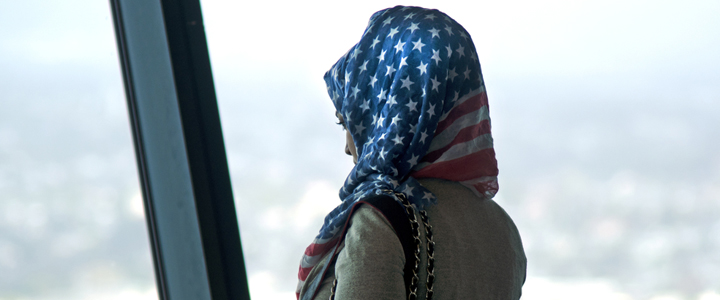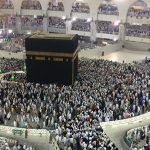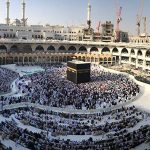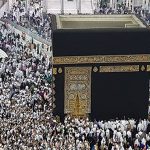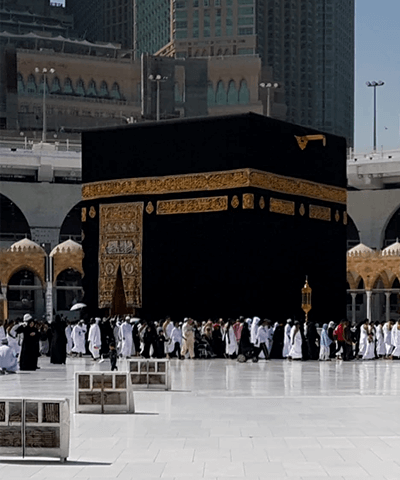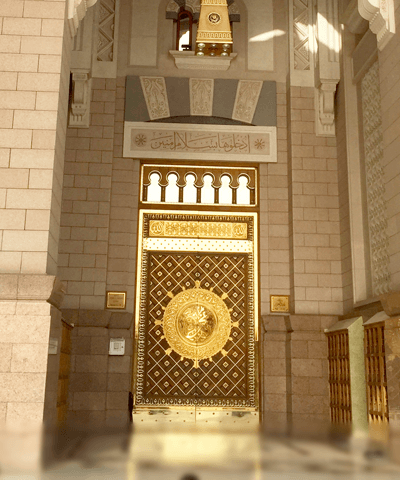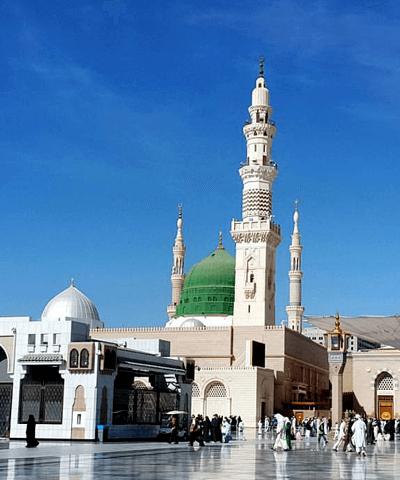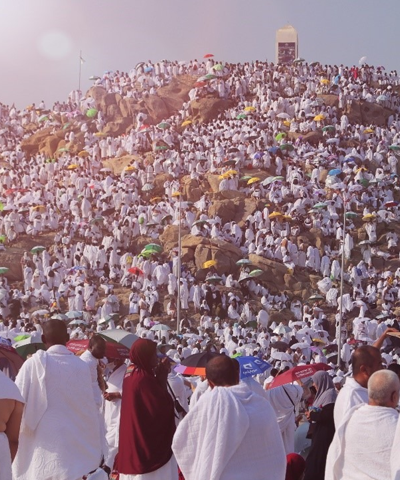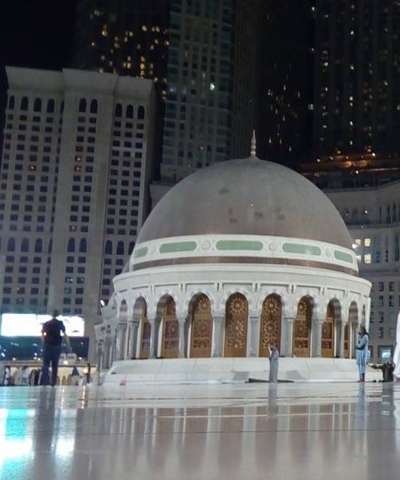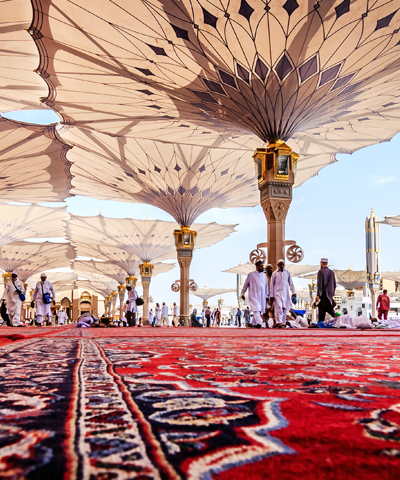Islamic teachings about environmental sustainability:-
Islam is a universal religion that goes beyond worship. Our Prophet Muhammad (PBUH) addressed issues such as environmental protection at a time when people could not profess what was about to come in the future. Allah has created man responsible for the protection of Earth. Everything within Earth is for the benefit of man. However, man must behave responsibly without exploiting nature. The care for nature is to the extent that Allah commands man to walk gently on the Earth, reflecting the Concept of Khalifa. The purpose is to instill humility and moderation in man during Umrah travel and throughout life. The Holy Quran says:-
“It is He who has appointed you vicegerent on the earth…” (6:165)
Sharing the resources of Allah:-
Allah encourages man to explore and discover what useful things he has created for the people. The discovery of important natural resources has led to so many wonderful discoveries and inventions. Islam commands Muslims to seek knowledge and improve life quality. However, it strictly prohibits the accumulation of resources in a few hands. Islam commands people to share Allah’s resources so that the whole community may benefit, embodying the Concept of Khalifa. According to a hadith:-
“There are three types of people whom Allah will not look at on the Day of Judgment, nor will He purify them, and theirs shall be a severe punishment. One of those is a person who possessed superfluous water on a path and withheld it from travelers.”
Excessive use of resources to establish extravagant lifestyles comes at a cost. This could be land deterioration, exploitation of underprivileged sections of the community, or wildlife. Islam does not advocate such acts that cause a nuisance to the environment or any part of society, in accordance with the Concept of Khalifa.
Protection of wildlife:-
Islam was the first religion that gave laws for the protection of wildlife. Prophet Muhammad (PBUH) designated a habitat for wildlife where he prohibited any human activity. Islam teaches that land, water, and animals are for the benefit of man but not possession. Man must use these resources efficiently, without wastage or overconsumption, aligning with the Concept of Khalifa.
Today people make organized efforts to preserve wildlife and care for nature. Islam laid laws for these 1400 years ago. Our Prophet Muhammad (PBUH) said that hunting and killing animals are only valid for reasons such as the provision of food or the safety of people. Killing animals for fun or as a hobby is sinful in Islam, as it contradicts the Concept of Khalifa.
Concept of Meezan:-
Ecologists today talk about the balance of nature and its importance. Islam taught Muslims about Meezan hundreds of years ago. Meezan means balance. Islam commands Muslims to maintain Meezan in every aspect of life, including resource consumption, in line with the Concept of Khalifa. Muslims must maintain a moderate lifestyle. Too much of anything is harmful. Too much of anything, be it work, leisure, worship, love, hatred, or anything becomes a nuisance. Therefore balance in life is very important. Similarly, too much resource consumption disturbs the ecological balance of nature. Thus Islam advocates the use of resources in moderation, reflecting the Concept of Khalifa.
Today environmentalists stress maintaining the balance of nature. They encourage measures such as resource conservation, recycling, reuse, and tree plantation to protect the balance of nature. The exploitation of nature has led to extreme conditions. Some countries have a food surplus, while some countries suffer from famine. Extreme weather conditions are another menace. Floods, heat waves, cold waves, and long spells of drought create havoc around the world. Scientists understand these climatic conditions are a result of overexploitation of Earth. Allah says in the Holy Quran:-
“Corruption has appeared on land and sea because of what the hands of humans have wrought, that He may make them taste a part of that which they have done, so that they may return [to guidance]” (30:41).
Cleanliness is half faith in Islam:-
Islam lays great stress on cleanliness, both spiritual and physical. Allah loves those who cleanse their heart and soul of malice, corruption, and all vices. Similarly, physical cleanliness is one of the basic principles of Islam. Muslims perform ablution five times a day before prayer. Moreover, activities such as bathing, using fragrances, washing hands before eating food, dental hygiene, and slaughtering animals hygienically all are part of Islamic teachings. Islam encourages Muslims to wear clean clothes. Not just themselves, they also must keep their surroundings clean. Throwing garbage in inappropriate places, keeping the neighborhood untidy, contaminating water resources, and polluting the environment are sinful activities in Islam. Even the forms of worship in Islam are such that promote cleanliness and purification. Praying five times a day purifies a man’s mind and body. Fasting during Ramadan detoxifies a person’s body, protecting him against harmful diseases. The Islamic way of slaughtering is such that it drains the maximum blood out of the animal’s body so that it is safe for consumption, reflecting the Concept of Khalifa during Umrah in Ramadan.
Conclusion:-
Islam is not limited to personal growth rather it is a religion that promotes societal development. If we act upon the teachings of Islam and take care of Earth as Allah commands, this world would become a better and safer place for generations to come, in accordance with the Concept of Khalifa.



